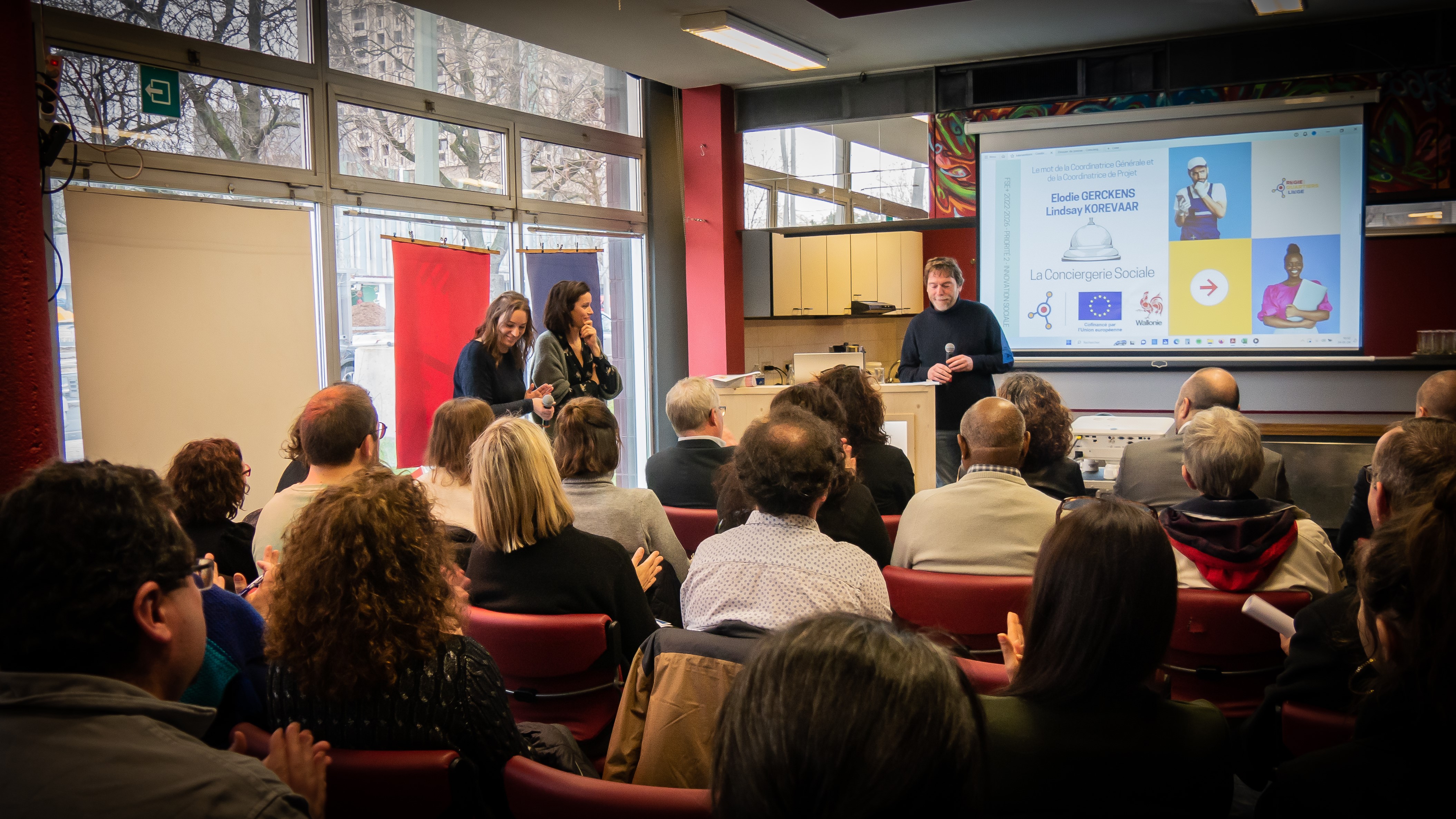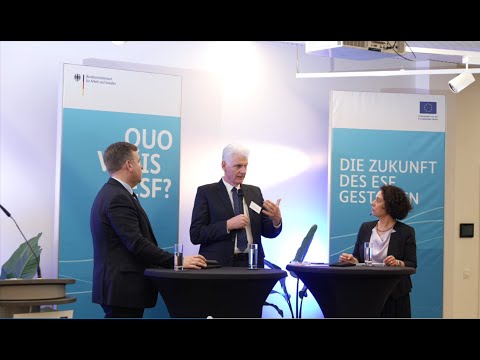
In Liège, Belgium, an innovative solution to combat long-term unemployment has been launched: the ‘conciergerie sociale’ or ‘social support centre’.
Inspired by similar models in France, Austria and the Netherlands known as ‘zero long-term unemployment territories’, this initiative is one of 17 similar strategic projects in Wallonia supported by the European Social Fund Plus.
The approach is based on three key ideas:
- Everyone has the potential to contribute to society.
- There is no shortage of work, but of employment: many societal needs remain unmet.
- Investing funds in creating meaningful jobs is more beneficial than using them to pay unemployment benefits.
A combined total of €104 million has been dedicated to funding these projects, with an equal split between the Walloon Government and the European Social Fund Plus. This significant financial commitment underscores the strategic importance of these initiatives in tackling long-term unemployment.
How zero long-term unemployment territories work
Areas with zero long-term unemployment focus on finding unmet community needs and creating jobs to help address them. This benefits everyone: it provides essential services at an affordable cost for the local community and offers employment to people who have been unemployed for a long time.
These jobs, which include tasks like basic electrical work, plumbing, moving, and assembling items, are taken up by those who are open to this new opportunity. Participation is voluntary, and the jobs are matched with people’s skills and interests, with some initial training provided.
The main aim is to help people feel part of society by involving them in work and increasing their social connections, particularly in areas that are often disadvantaged. There is also an opportunity for more comprehensive training for interested participants.
A key aspect of this model is its grassroots approach. It empowers local entities such as authorities, associations, businesses, and residents to decide how resources are used, enhancing social cohesion and encouraging active community involvement.
The importance of the ‘conciergerie sociale’
Christie Morreale, Walloon Minister of Employment, Training, Social Action, and Social Economy celebrated the launch of the ‘conciergerie sociale’: ‘Unemployment is harmful for both individuals and the community, and we need new solutions to tackle it. It's our collective duty to create jobs and give people the chance to work.’
For residents in this Liège neighbourhood who are distanced from work, the ‘conciergerie sociale’ offers new hope, and more than a job - a sense of belonging and purpose. The Liège Neighbourhood Authority aims to create over forty jobs by 2026, as a step towards tackling long-term unemployment.
The project is showing promising results, with five people already embarking on a journey towards professional and social reintegration.



